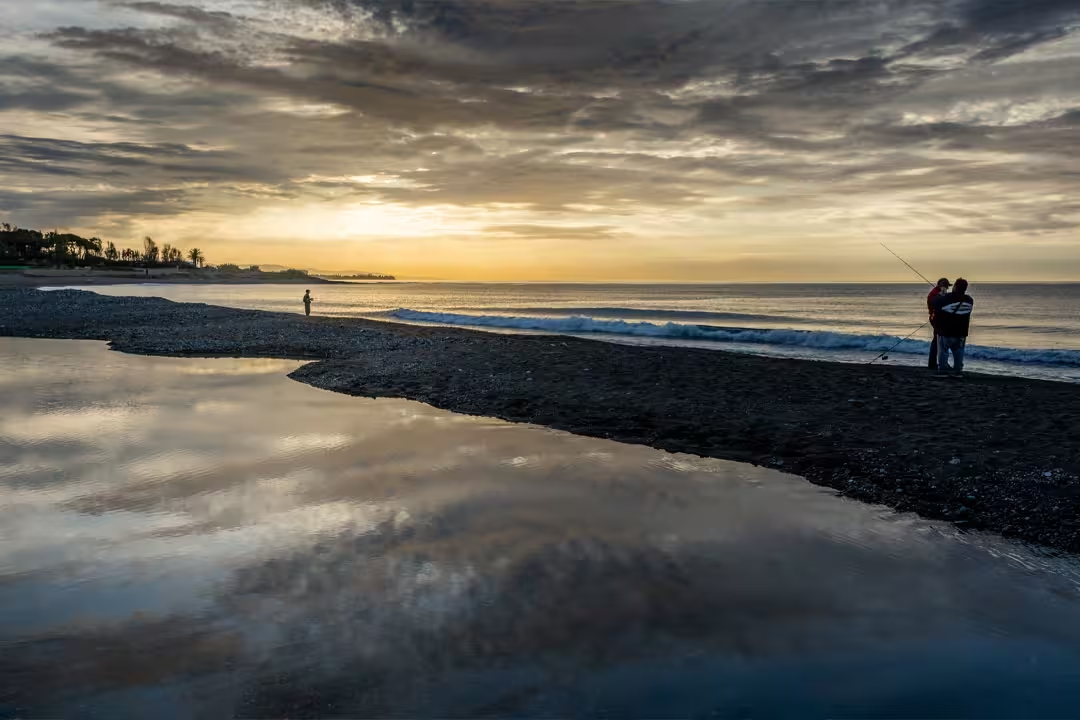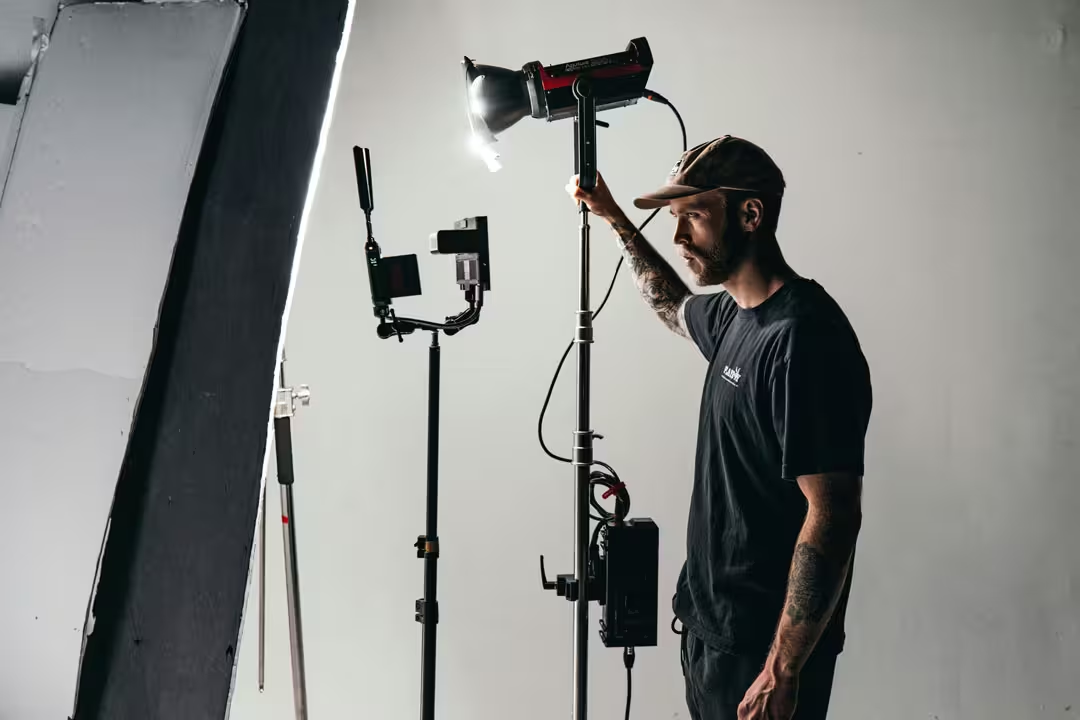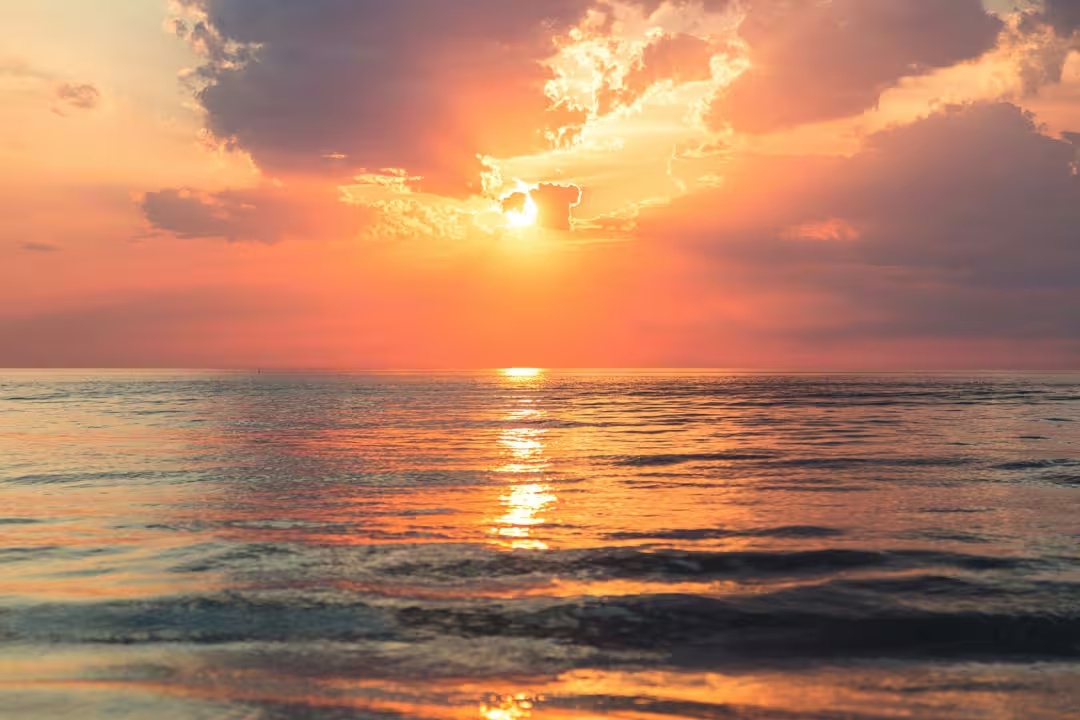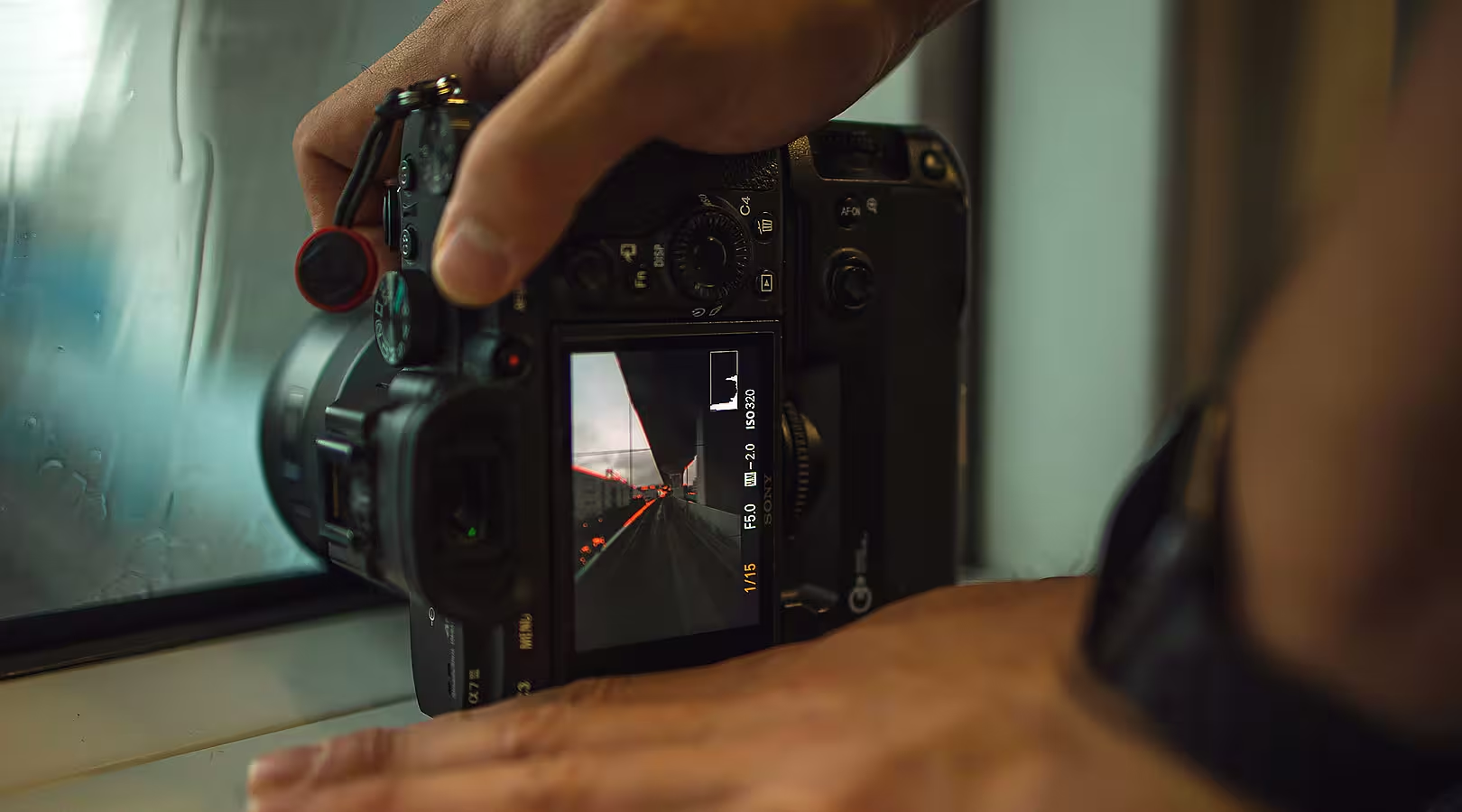
Essential Camera Accessories Every Beginner Should Own
A camera body and lens are only the beginning. To get the most out of your photography and expand your creative possibilities, you’ll need a few essential accessories. These items not only make your shooting experience smoother but can also improve image quality and versatility.
Tripod
A tripod is one of the most valuable tools for any photographer. It stabilizes your camera, allowing for long exposures, sharp landscapes, and precise compositions.
When to Use:
- Low-light or night photography
- Long exposure shots (e.g., light trails, waterfalls)
- Self-portraits or group shots with a timer
Tip: Choose a tripod that’s lightweight yet sturdy. Carbon fibre models are excellent for travel, while aluminium versions are more affordable.
Camera Bag
A dedicated camera bag protects your gear and makes it easier to carry multiple lenses, accessories, and a laptop or tablet.
What to Look For:
- Padded compartments for protection
- Weather resistance
- Comfortable straps for long use
Extra Batteries and Memory Cards
Running out of power or storage can cut a shoot short. Extra batteries and memory cards are inexpensive investments that prevent missed opportunities.
Practical Advice: Keep them organized in a small case, and rotate their use so none wear out prematurely.
Lens Filters
Filters can protect your lens and add creative control.
- UV/Protection Filters: Shield the front element from scratches and dust.
- Polarizing Filters: Reduce reflections and deepen colours in landscapes.
- Neutral Density (ND) Filters: Allow for long exposures even in bright daylight.
Remote Shutter Release
A remote release (wired or wireless) lets you trigger the shutter without touching the camera. This prevents camera shake during long exposures or macro photography.
Bonus: Many modern cameras offer smartphone apps that double as wireless remotes.
Cleaning Kit
Dust and smudges can ruin an otherwise perfect photo. A basic cleaning kit should include:
- A blower for dust removal
- A soft lens cloth
- Lens cleaning solution
Practical Assignment
Review your current gear setup. Which accessory listed here would make the biggest difference in your photography right now?
- If you shoot landscapes: consider a tripod and polarizing filter.
- If you shoot portraits: an extra battery and reflector could be most useful.
- If you travel: a comfortable bag and spare memory cards are essential.
Write a short wishlist and plan your next accessory purchase strategically.
Conclusion
Accessories may not be as glamorous as a new camera body, but they play a vital role in shaping your results and making the process smoother. Even adding one or two of these items can significantly improve your photography workflow.
In the next article, we’ll explore lighting basics and how to work with both natural and artificial light to elevate your photos.
Shop Camera Accessories
Click to shop on Amazon (affiliate links help support the site)
Essential Camera Accessories Every Beginner Should Own
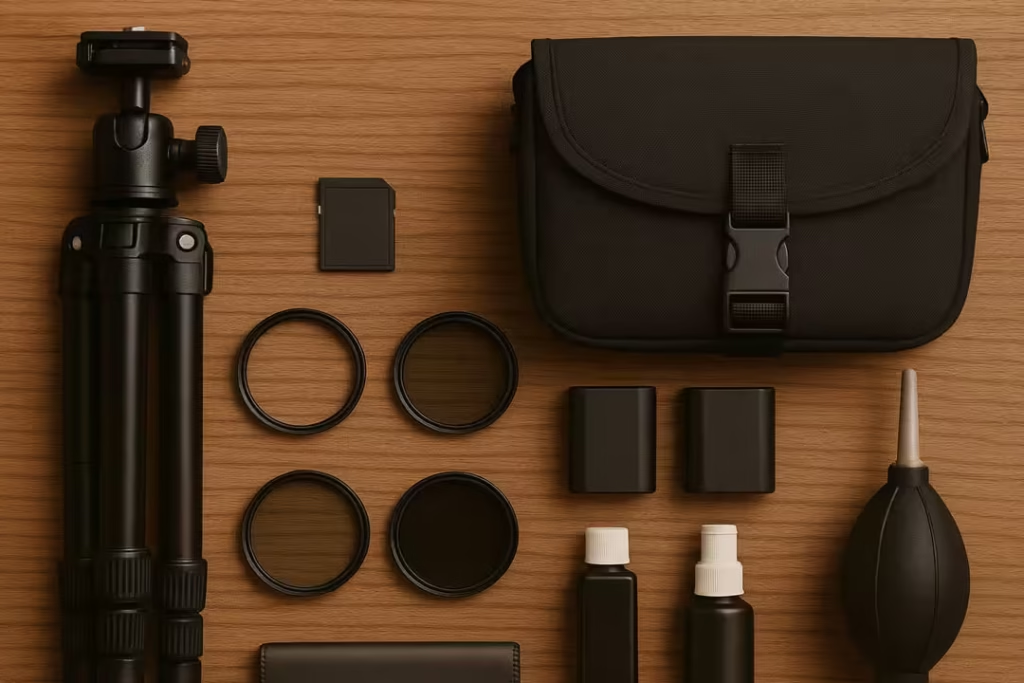
A camera body and lens are only the beginning. To get the most out of your photography and expand your creative possibilities, you’ll need a few essential accessories. These items not only make your shooting experience smoother but can also improve image quality and versatility.
Tripod
A tripod is one of the most valuable tools for any photographer. It stabilizes your camera, allowing for long exposures, sharp landscapes, and precise compositions.
When to Use:
- Low-light or night photography
- Long exposure shots (e.g., light trails, waterfalls)
- Self-portraits or group shots with a timer
Tip: Choose a tripod that’s lightweight yet sturdy. Carbon fibre models are excellent for travel, while aluminium versions are more affordable.
Camera Bag
A dedicated camera bag protects your gear and makes it easier to carry multiple lenses, accessories, and a laptop or tablet.
What to Look For:
- Padded compartments for protection
- Weather resistance
- Comfortable straps for long use
Extra Batteries and Memory Cards
Running out of power or storage can cut a shoot short. Extra batteries and memory cards are inexpensive investments that prevent missed opportunities.
Practical Advice: Keep them organized in a small case, and rotate their use so none wear out prematurely.
Lens Filters
Filters can protect your lens and add creative control.
- UV/Protection Filters: Shield the front element from scratches and dust.
- Polarizing Filters: Reduce reflections and deepen colours in landscapes.
- Neutral Density (ND) Filters: Allow for long exposures even in bright daylight.
Remote Shutter Release
A remote release (wired or wireless) lets you trigger the shutter without touching the camera. This prevents camera shake during long exposures or macro photography.
Bonus: Many modern cameras offer smartphone apps that double as wireless remotes.
Cleaning Kit
Dust and smudges can ruin an otherwise perfect photo. A basic cleaning kit should include:
- A blower for dust removal
- A soft lens cloth
- Lens cleaning solution
Practical Assignment
Review your current gear setup. Which accessory listed here would make the biggest difference in your photography right now?
- If you shoot landscapes: consider a tripod and polarizing filter.
- If you shoot portraits: an extra battery and reflector could be most useful.
- If you travel: a comfortable bag and spare memory cards are essential.
Write a short wishlist and plan your next accessory purchase strategically.
Conclusion
Accessories may not be as glamorous as a new camera body, but they play a vital role in shaping your results and making the process smoother. Even adding one or two of these items can significantly improve your photography workflow.
In the next article, we’ll explore lighting basics and how to work with both natural and artificial light to elevate your photos.
Shop Camera Accessories
Click to shop on Amazon (affiliate links help support the site)

